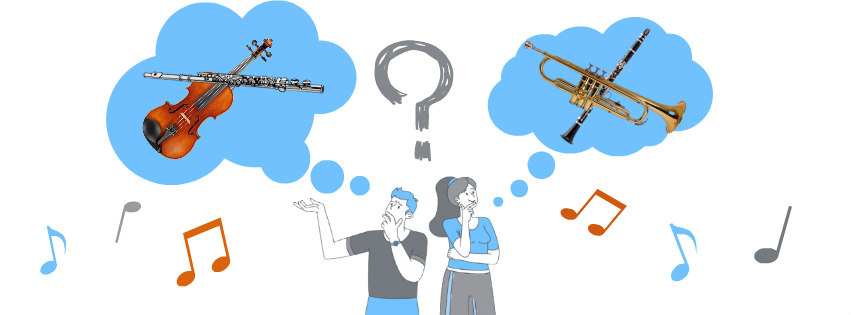One of the biggest dangers of a low-quality instrument is that they superficially look the same as a higher-quality instrument. How can you identify a low-quality instrument? Does quality really matter, especially for a beginner?
“I’ll just get this cheap instrument online for my child just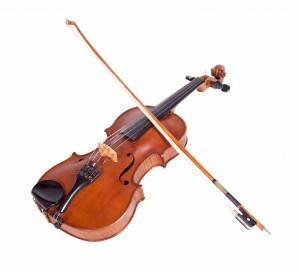 starting music and get them a better one when they stick with it/get better at it.”
starting music and get them a better one when they stick with it/get better at it.”
That is a statement we hear a lot from parents and while it makes sense on the surface, there are inherent issues that become apparent upon further consideration. A couple analogies to think of: giving a fork to a toddler to eat cereal or handing your child flip flops to try out for basketball with the promise of tennis shoes if they make the team. A fork would make it more difficult for a toddler to learn to eat cereal, flip flops would inhibit a child trying out for basketball, and low-quality instruments can hinder a child learning music. Don’t let the similar appearance fool you. Make sure to read the fine print and keep an eye out for these things below.
The single most important criterion to consider is the instrument’s brand name.
If a listing doesn’t supply one or supplies one that isn’t in one of the well-known circles, odds are it will bring difficulties along with it. Instruments, like cars, are an investment. If you found a listing for a car that was only $2,000 and listed as brand new but the make was a Chevroyota (or another made-up, non-existent make), you wouldn’t spend your money on it. Likewise with instruments, spending a little more now so you don’t have to spend it later makes better economic sense than buying a “cheaper” instrument that will either need a lot of work or need to be replaced. A few good brands to look for are Conn, Eastman, Jupiter, King, Selmer, and Yamaha.
Coupled with an off-brand name, what other red flags can you see?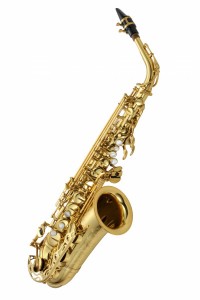
Buzz words.
To compete with the tried-and-tested brands, newer brands began to adopt some of the sayings such as “director approved” to try and bring validity to their product. If the product is worth it, the specifications will speak for themselves and the buzzwords won’t be needed.
“Professional” endorsements.
Like with the early analogy of an adult using a fork to eat cereal, it is easier for a professional to play a subpar instrument and unconsciously make the needed adjustments to get it to play well. For a beginner who hasn’t played at all or at least not very long, these skills aren’t developed. Just because a professional can make it work, doesn’t mean it will be a good fit for a beginner.
Extras.
A lot of the brands with low-quality instruments will usually include extras to make the instrument look like a great deal. Items like gloves, cleaning brushes, instrument stands, or colored instruments at a super low price may seem attractive at first, but a free pair of gloves won’t improve the sound quality of an instrument made with poor materials.
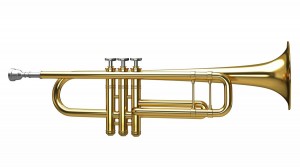 Deceptive wording.
Deceptive wording.
For example: A lot of teachers will tell you that a violin needs to have ebony trim (fingerboard, pegs, etc). When you read the description on the online “special,” it will be listed as “ebonized wood” or “black wood” because it isn’t ebony.
What does all of this mean?
It means that there are a lot of ways for your money to go toward an instrument that will hinder your child’s progress. It will look like the right instrument, but it isn’t created to function on the same level. If you wait to get a quality instrument until your child “gets better,” that time will never come. Higher-quality doesn’t mean it has to break the bank, there are plenty of entry-level instruments that are made with the right materials.
Music stores like ours offer programs that are designed to make music a safe investment for you by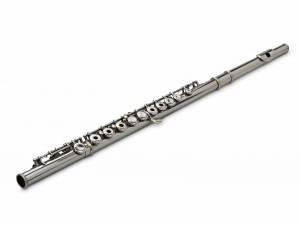 allowing you to make monthly payments on a good quality instrument. These programs avoid out-right purchases, put a good quality instrument in the hands of your child, cover you for repairs, and have the flexibility to change your mind. Your band or orchestra director will always point you in the right direction if you have questions about an instrument for your child.
allowing you to make monthly payments on a good quality instrument. These programs avoid out-right purchases, put a good quality instrument in the hands of your child, cover you for repairs, and have the flexibility to change your mind. Your band or orchestra director will always point you in the right direction if you have questions about an instrument for your child.


